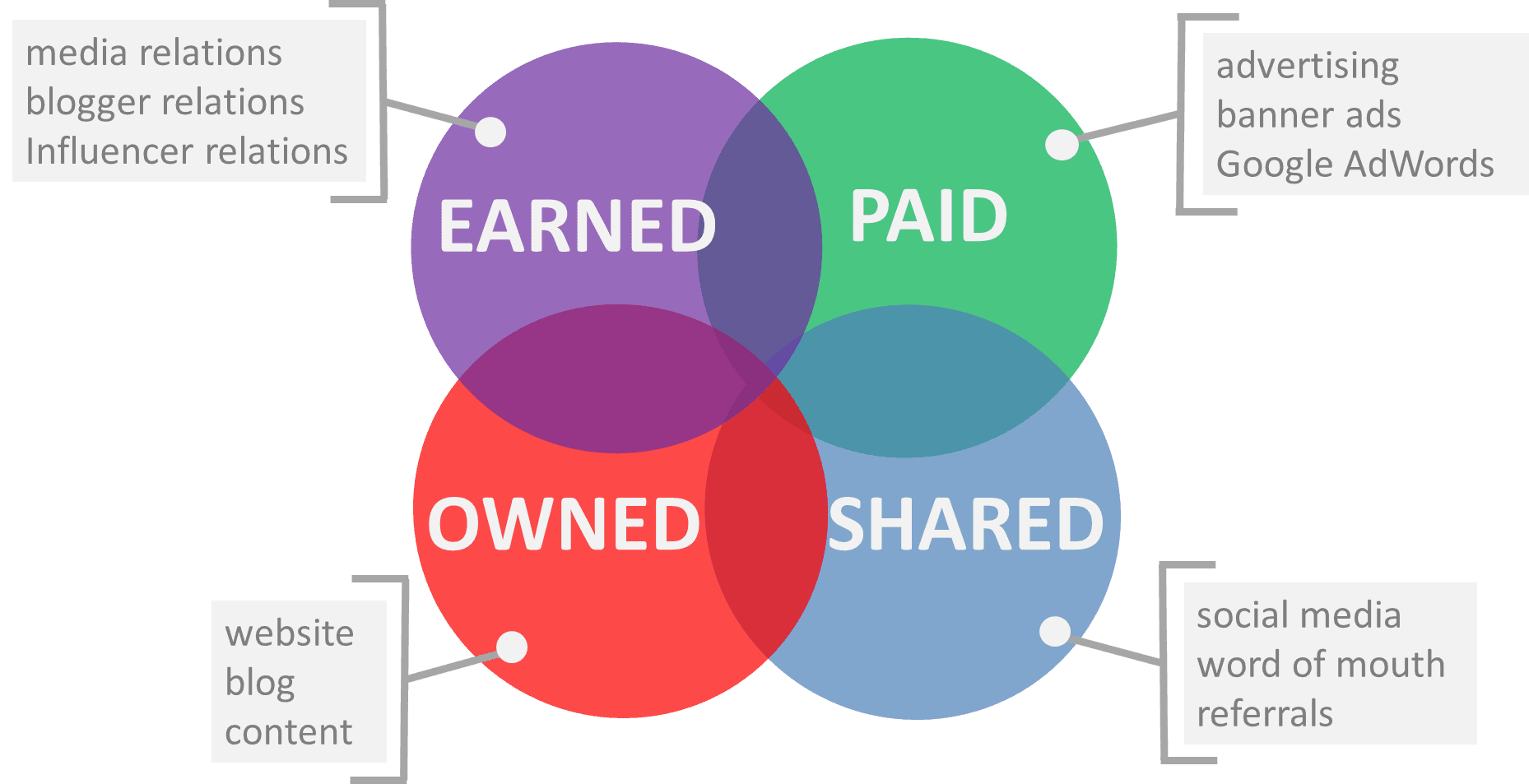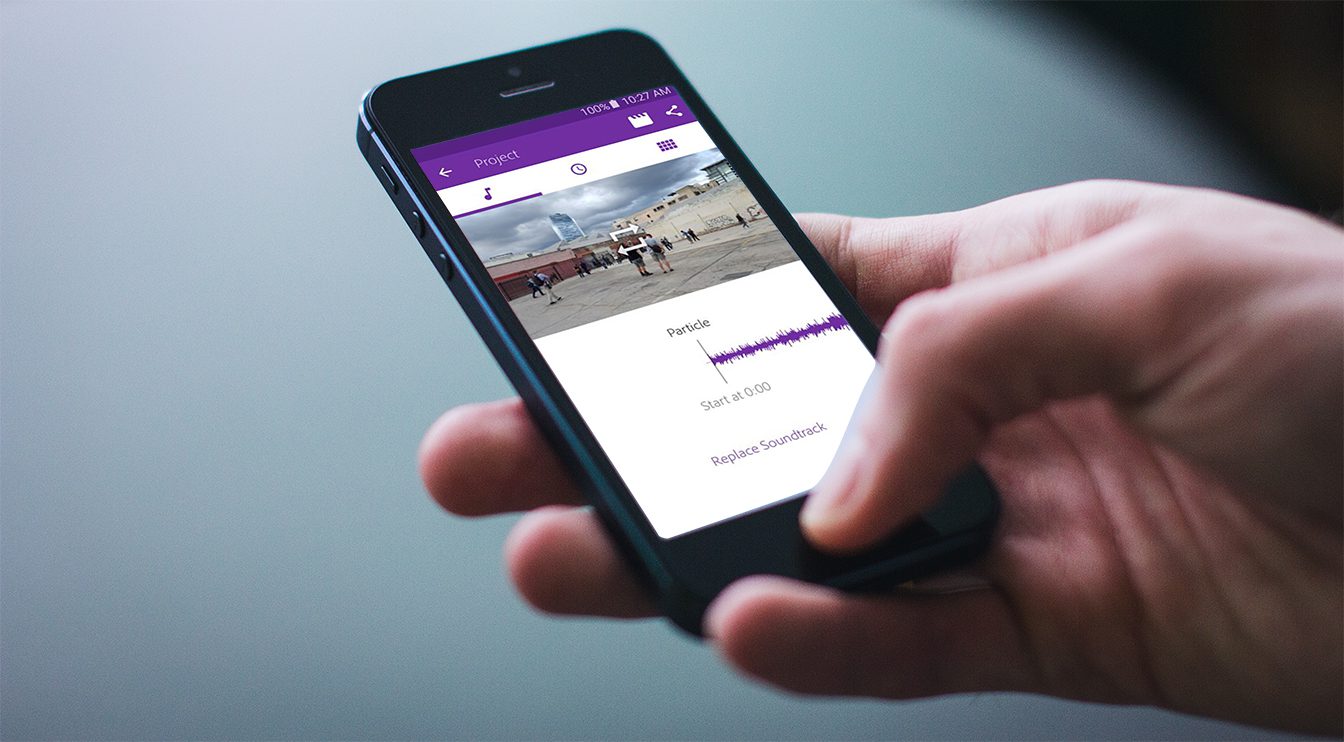San Antonio Business Journal – by Donna J. Tuttle
Manuel Pelaez-Prada had absolutely no interest in social networking.
After all, he had heard horror stories about identity theft and news reports of creeps trolling chat rooms. And his life was already full: He is the senior legal counsel for the Toyota Operations Center of Toyota Manufacturing North America Inc., has a wife and two small children, is an active civic volunteer, and dabbles in radio hosting and stand-up comedy on the side.
“I didn’t really feel like I needed to have an identity on the Internet. The people who needed to find me knew how to get in touch with me,” Pelaez-Prada says.
A friend and colleague at Toyota pestered until Pelaez-Prada gave in and created a Facebook page. Today, he can’t live without it.
“I’m hooked. My sister accuses me of Facebooking more than a 13-year-old girl,” the 34-year-old Pelaez-Prada quips.
Indeed, with 289 friends (and counting) and a profile photo of himself with a gigantic rooster, Pelaez-Prada’s bigger-than-life personality is palpable on Facebook almost any time of day via his trusty BlackBerry. He uses the social networking tool in both a personal and professional way — connecting with old friends, advocating for local causes, trumpeting his Democratic politics and posting thought-provoking links on issues like weapons in Gaza and hate crimes. Of course, there is the occasional joke, pithy comment and a small obsession with a Facebook application called Mob Wars, where he completes virtual drug smuggling by sea with other respectable corporate lawyers and executives across the country.
“In some ways, I feel like I’m the last person to arrive at this Facebook party,” Pelaez-Prada says. “But this is a whole new tool to build community. I’m in touch with former colleagues that I probably wouldn’t have kept up with. It is the most convenient way to connect with people, and it breaks down some of those barriers to community we’ve built up as people subspecialize and stick to their own cubicles and then go home to their 500 channels on cable.”
Without a doubt, the quickest way to expand your circle of friends and create new contacts exponentially these days is through a social networking tool. In a study of 17,000 Internet users in 29 countries, Universal McCann found that 82.9 percent of people watch video clips online, 72.8 percent read blogs, and 57.3 percent manage a profile on an existing social network.
Social networking sites “provide a virtual community for people interested in a particular subject or just to hang out together,” according to PC magazine. “Members create their own online profile with biographical data, pictures, likes, dislikes and any other information. They communicate with each other by voice, chat, instant message, videos and blogs, and the service typically provides a way for members to contact friends of other members.”
While Myspace.com, with 59.4 million users, is still listed as the largest social networking site in the United States, Facebook (with 40 million U.S. users), Classmates Online (17 million U.S. users), and LinkedIn (12 million U.S. users) are close behind and growing at rates more rapidly than MySpace, according to a September 2008 report issued by Nielsen Online. Globally, however, Facebook has 140 million users and LinkedIn has 30 million global users.
In September 2008, Twitter.com was listed as the fastest growing social network site — logging a 343 percent membership growth, from 533 members in September 2007 to 2.4 million users one year later, according to Nielsen Online.
Business professionals interviewed in San Antonio expressed the most comfort with both Facebook and LinkedIn — describing Myspace as more of a “teenager” site and Twitter (a microblogging phenomenon in which people “Tweet” thoughts and ideas via their mobile phones and PDAs) as “confusing.”
Still, on Tweetergrader.com’s list of Twitter Elite in San Antonio, author and Oak Hills Church pastor Max Lucado is in the No. 1 spot; followed by Blair Warren, a media and marketing professional who sells the One Sentence Persuasion Course; and, in third place, Jennifer Navarrete, a social media expert, podcaster and owner of Brewing Media.
Baby steps
But most executive management types in San Antonio haven’t embraced Twitter yet. “I’m on the tail end of the Baby Boomer generation, so I couldn’t get into Myspace because it seemed like too much exposure and too young,” Ramiro Cavazos, 47, and president/CEO of the San Antonio Hispanic Chamber of Commerce says.
But after a University of Texas at Austin college chum e-mailed him a request to join Facebook, Cavazos took the plunge. Today, he has 248 friends — ranging from high school friends from Weslaco, his godson in British Columbia to Bruce Bowen of the San Antonio Spurs. He “Facebooks” with business friends in South Texas, who keep Cavazos up-to-date on economic activity on the border.
“We live a crazy life, and Facebook is a wonderful way to keep track of friends and family with minimal effort and lots of return,” Cavazos says. “If you’re on Facebook five or 10 minutes a day, that’s enough to see how everyone is doing, wish people a happy birthday and see what events are going on.”
Once a person creates a profile on Facebook or LinkedIn, he or she can regulate their privacy settings to high (only friends can see photos and information) to low (everyone and anyone can view your holiday photos). Using the search tool, one can find classmates, colleagues and acquaintances and request to be their “friend” and vice versa.
Most applications find and “suggest” friends based on the person’s location, occupation, friends and networks. Many users look at the list of user’s friends to find people they know. What’s more, there are a cornucopia of applications that alert users to their friends’ birthdays; allow members to give each other virtual gifts, such as birthday cakes; and various holiday-themed antics, such as throwing virtual turkeys on Thanksgiving. There are quizzes to check your movie IQ or test what kind of virtual animal you would be.
“I haven’t ‘poked’ anyone yet,” Cavazos admits, referring to a Facebook application that urges users to virtually nudge or get the attention of another user. “There is still a lot of clutter that needs to be eliminated. I’ve gotten 30 requests to be a sea urchin. I mean, I’m not even going to respond to that.”
Blurring lines
Although started primarily as social tools, many of the platforms, such as Facebook and LinkedIn, now allow companies and organizations to create business pages. In San Antonio, companies that have a Facebook presence run the gamut, including insurance giant USAA, Coco Chocolate Lounge and Bistro, Six Flags Fiesta Texas, Podcast Ready, Spectrum Athletic Clubs and Trinity’s AtticRep Theater. Trinity’s AtticRep, for example, sends out schedules of upcoming shows to its fans, posts reviews, issues reminders and offers discounts to Facebook members.
Katie Harvey, president and CEO of KGBTexas Public Relations/Advertising, says a big initiative of her firm in the first quarter of 2009 is to help clients create social media marketing strategies and in-house policies.
“Almost everyone in this agency has a Facebook page. Everyone Twitters,” she says.
For clients entirely new to the medium, KGBTexas taps individual users within the client’s company to “act as ambassadors” in introducing social media to their colleagues and management.
“Social media, and particularly the digital advertising and marketing side of it, is a very cost effective and highly measurable avenue,” Harvey says. “We see a number of clients who are continuing to shift ad dollars to that because of the accountability and the return.”
Ryan Kelly, a former partner with Blue Clover, started Pear Analytics in April 2008. The company works directly with clients and as a value-added partner with ad agencies to provide services ranging from analytics to search engine optimization to business intelligence. Currently, the company is helping Spectrum Health Clubs with a Facebook campaign.
“Facebook and LinkedIn have recently opened advertising platforms where you can very specifically target a particular user group or demographic,” Kelly says. “We’re going in there with a New Year’s Resolution theme and we target by location — so San Antonio and Los Angeles — men and women who have the words yoga, Pilates, swimming, etc. in their profiles. Then they will see our ads. Even better, if you’re a friend of mine and you have those exercise terms in your profile, you’ll see my photo at the top as a fan of Spectrum. So this builds a circle of trust.”
With social networking and digital media “you can actually measure your marketing initiatives in terms of ROI and cost per acquisition. … At the end of the day, the client just wants to know: Did that move the sales needle?” Kelly says.
New wave advertising
The tricky part about social media marketing is that companies are not actually supposed to, well, advertise. Since the platforms are designed around an interactive and informal community, participants should be interesting and helpful in ways that direct and nudge traffic to their sites — not employ used-car salesman tactics.
Rick Sauter, vice president at Arizona-based Communitelligence Inc., a social media consulting company, says: “Don’t be too obvious about your marketing. Be perceived as a resource and people will come to you. I use Twitter and other channels to advertise our events, and early on I posted an event twice and people online chastised me for it. … I was still learning.”
Indeed, Ideagin and Podcast Ready’s Dean McCall, another longtime social media user, says it takes a certain amount of courage to create a Facebook page for your own company. McCall is getting ready to relaunch the Ideagin Web site and Podcast Ready is getting “reskinned” with user feedback applications, such as Get Satisfaction and UserVoice.
“People will tell you like it is, believe me. They are very honest, and you have to respond because you’re giving them a platform to tell you what they hate and what they like,” McCall says. “Sometimes what happens is that there is a swarm or mob mentality where users take such an interest that they feel an ownership in the site. And that’s a fine line because you don’t want them taking over. I’d be lying to you if I said I’d got that figured out yet.”
Chuck Hester is a North Carolina communications director for e-mail company iContact and author of an upcoming book about LinkedIn, where he has about 8,000 connections. Hester says social media users — both individuals and corporations — should take a “pay-it-forward” approach to their online presence.
“There are two basic rules with social networking: You have to be transparent — be honest about the good and the bad and tell people you’re working on the bad. You have to be part of the community; engage in the conversation in order for people to get to know you,” Hester says.
Meanwhile, at press time in San Antonio, Pelaez-Prada is working on his individual branding. He has racked up five new friends and is touting the savory food at Chico’s Tacos in El Paso, in between posting an item about Al Franken’s Senate win.
“I am who I am — in real life and on Facebook,” Pelaez says. “I never put anything out there that I won’t be comfortable eating again when someone shoves the words back down my throat. I’m very vocal about where I think the world needs to go and Facebook is a great way to do that.”















